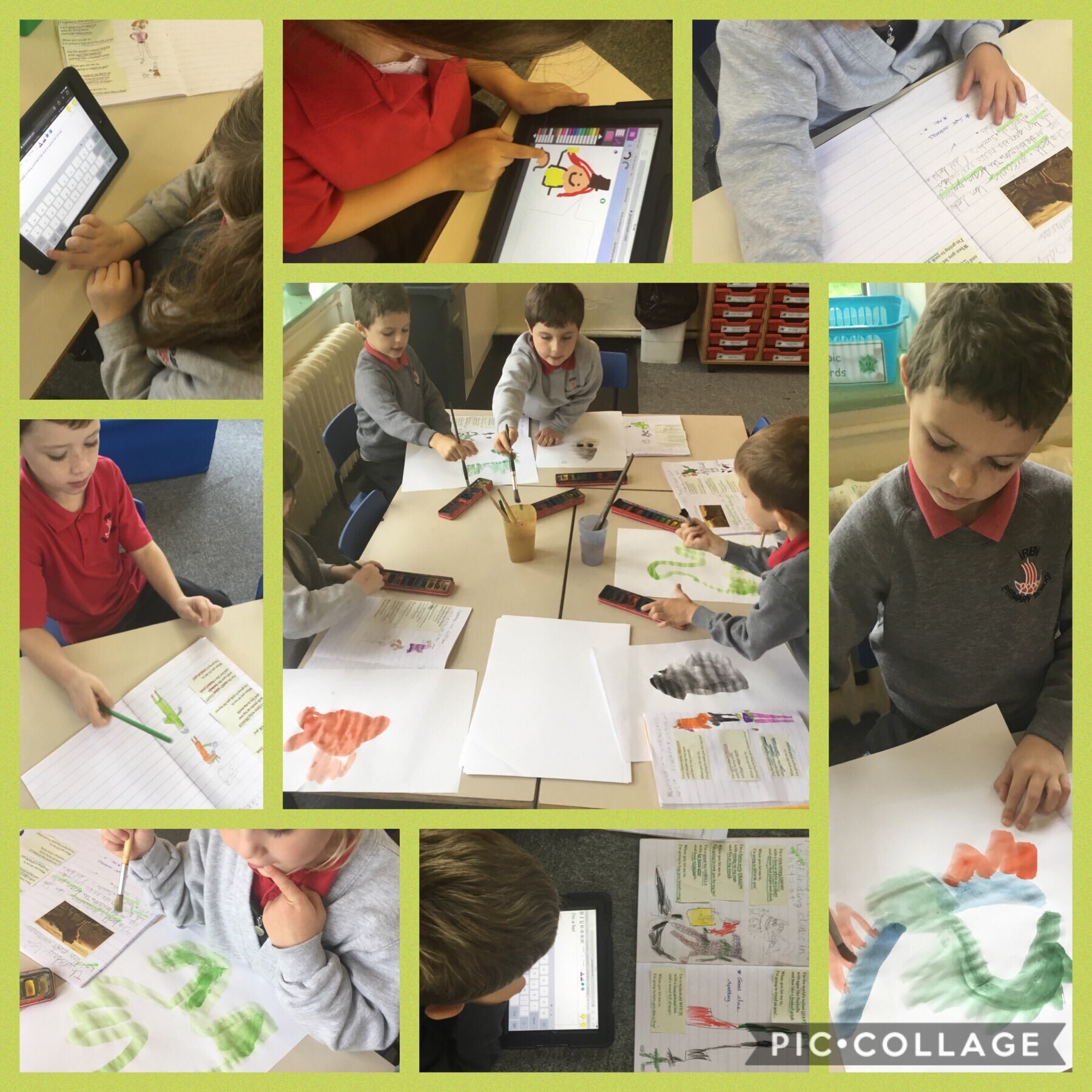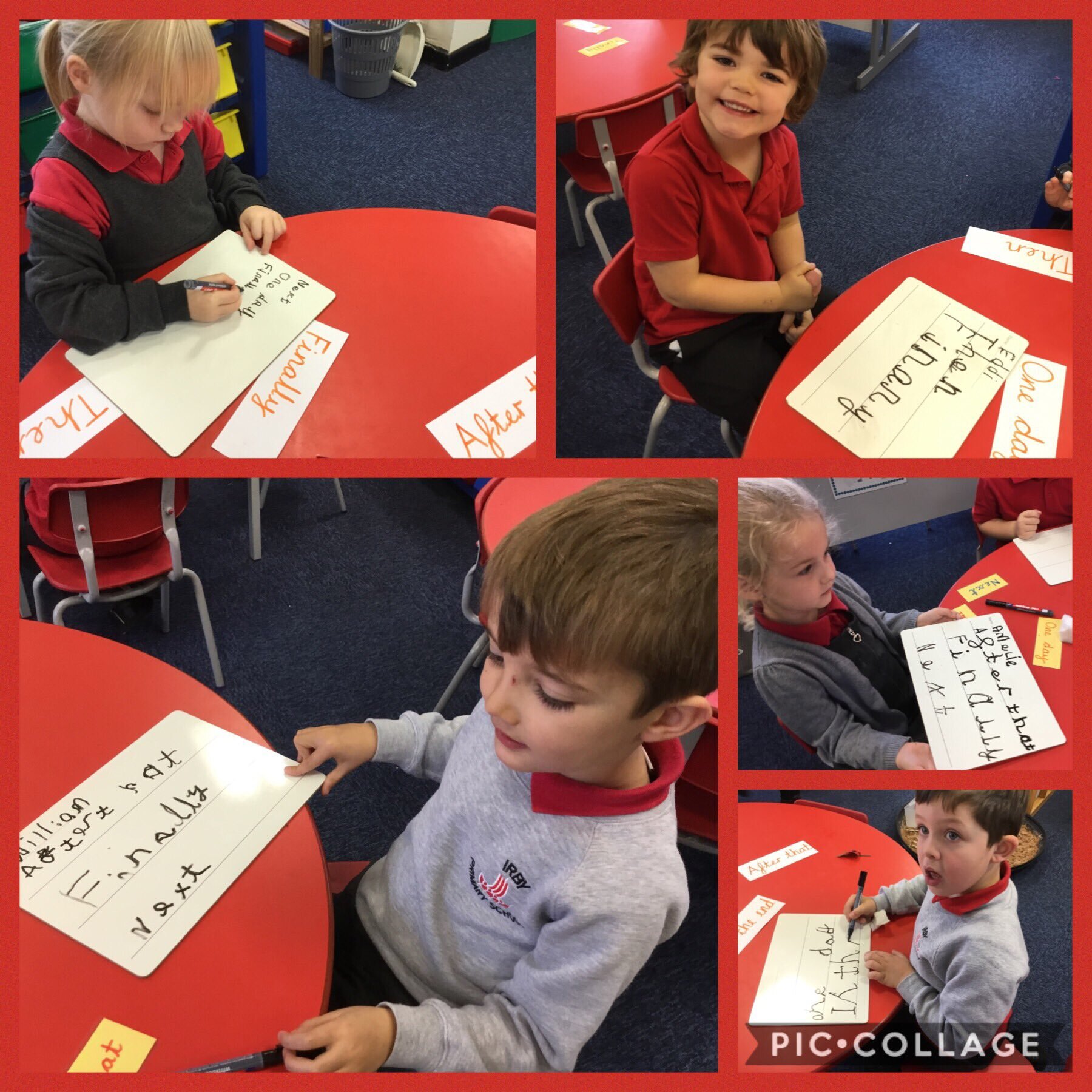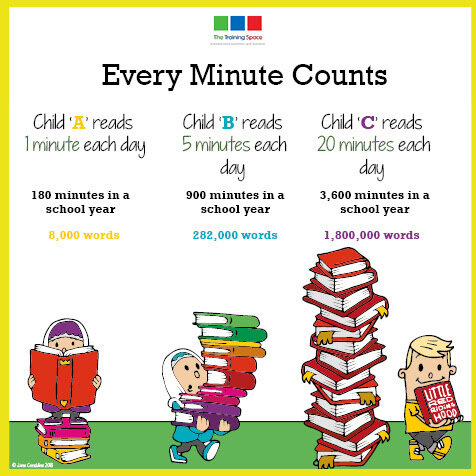Irby Primary English Curriculum
Curriculum Intent:
At Irby Primary School we aim to provide children with an enriching English curriculum that ensures they have the skills to be successful in reading, writing, speaking and listening, spelling and grammar. We aim to provide cross-curricular links wherever possible. Assessment for Learning is used to allow children to take ownership of their learning and know how to move forward. It also allows teachers to adapt their planning to fit their class. Ultimately, our English curriculum will be delivered through high quality teaching and a stimulating learning environment, in order for the children at Irby Primary to achieve the highest possible standards. The promotion of Basic Skills is the responsibility of all staff.
AIMS:
Ensure each child is an effective communicator expressing themselves with clear language.
Ensure each child has the skills to write effectively, enabling them to communicate through a range of sentence types and genres.
Ensure each child is an enthusiastic and confident reader, who can understand and respond to texts they read.
Provide varied opportunities to develop speaking and listening skills in most lessons. (Conversation, discussion, drama, role play, reporting, explaining, debate.)
Provide varied opportunities to develop grammar and punctuation skills.
Adapt the English curriculum to suit our curriculum and pupils.
WRITING.
Effective writers in a range of genre.
At Irby, we promote high quality writing and believe children should see writing as a good form of communication. They need to develop the skills to express themselves clearly and effectively through a range of genre and for a range of audiences & purposes. Writing is developed through English lessons, extended writing sessions and wherever possible across the foundation subjects. We believe that writing skills that have been learnt should be shown in all pieces of writing within the curriculum.
Speaking and Listening.
Confident speakers for many purposes.
We believe that speaking and listening skills are an extremely important part of a child’s literacy skills. This enables children to communicate effectively and allows access to learning across all parts of the curriculum.
Spelling
Confident spellers make effective writers.
We have high expectations for accurate spelling across the curriculum with children taught a range of strategies to support their spelling and edit their work. .
Grammar
Grammar as the structure of writing.
Children discover grammar through a variety of texts which they are then encouraged to apply in their own writing. They explore a wide variety of different terminology to make them confident in their use of grammar across the curriculum.
Handwriting
At Irby Primary School, we support our pupils to become confident in a cursive handwriting style, maintaining legibility and high standards of presentation at all times, including when writing at speed. Handwriting takes a progressive approach that follows guidelines taken from the Statutory Framework for EYFS and the National Curriculum KS1 & KS2 and builds upon previous learning and skill. Below you can view our school progression document for handwriting.
READING.
Enthusiastic and confident readers.
We aim to provide children with a wide range of opportunities for reading. These should include reading alone; with teachers and teaching assistants; as a whole class, with partners; in groups; with parents and during ERIC (every child reads in class) time. Reading should also be fully integrated across the whole curriculum with pupils being given as many opportunities to read as much as possible.
Phonics
What is Phonics?
Phonics is a way of teaching children how to read and write. It helps children hear, identify and use different sounds that distinguish one word from another in the English language. Written language can be compared to a code, so knowing the sounds of individual letters and how those letters sound when they’re combined will help children decode words as they read. Understanding phonics will also help children know which letters to use when they are writing words. Phonics involves matching the sounds of spoken English with individual letters or groups of letters. For example, the sound k can be spelled as c, k, ck or ch. Teaching children to blend the sounds of letters together helps them decode unfamiliar or unknown words by sounding them out. For example, when a child is taught the sounds for the letters t, p, a and s, they can start to build up the words: “tap”, “taps”, “pat”, “pats” and “sat”.
How is Phonics taught?
At Irby Primary, phonics is taught by following the Phonics Bug programme. This breaks the teaching of phonics into six phases; following Phase One with its emphasis on speaking and listening, Phases Two to Six are designed as a robust programme of high quality phonic work to be taught systematically.
Lessons are interactive, multi-sensory, fast-paced and fun and done for a discrete period of time – around 20 minutes – on a daily basis. Children are given the opportunity to work individually, in pairs and in groups and there is a high level of engagement for all learners in lessons. Children’s progress through the phases is closely monitored. Children are allocated books to read that closely match their phonic knowledge and skill to allow them to practise and apply what they have learnt to their reading. Good practice also shows that children benefit from encouragement to apply their developing phonic skills as opportunities arise across the curriculum throughout the day.
Phonics Bug
What is Phonics Bug?
Phonics Bug meets 100% of the Department for Education in England (DfE) criteria for teaching systematic synthetic phonics.
What makes Phonics Bug so special?
Fiction and non-fiction books. Fun, varied and packed with humour, each book is 100% decodable so your children will be able to read them independently after learning just eight phonemes. Books will be allocated to children to closely match the phonic phase they are working within.
eBooks on Bug Club’s online reading world are presented in a simple online interface. These eBooks are a great way to encourage even the most reluctant readers and they’re perfect for use at home. Each eBook has audio narration to help with pronunciation when children are reading independently and parent notes are personalised for each child so parents can offer exactly the right level of help and encouragement to their child as they practise reading at home.
Here are some useful phonic resources:






